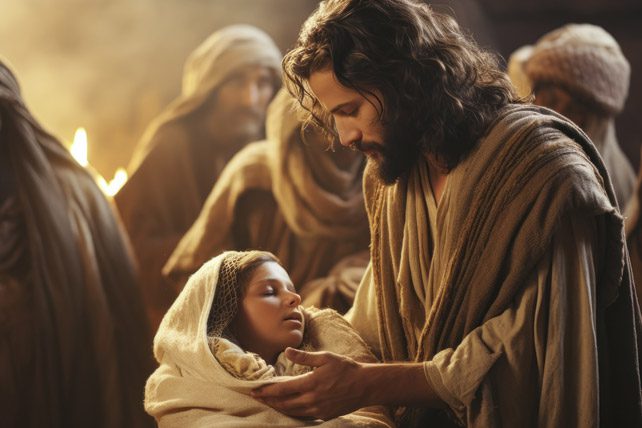The Book of Judges, a significant component of the Old Testament or the Hebrew Bible, contains numerous narratives that convey profound moral and societal lessons. Chapter 19 is particularly notorious for its harrowing narrative involving a Levite and his concubine from Bethlehem. Judges 19 stands out due to its stark portrayal of human behavior and societal breakdown, providing critical insights into the ancient Israelite society and its moral compass.
What is Judges 19 About?
Judges Chapter 19 recounts a distressing tale set during a time “when there was no king in Israel,” emphasizing societal anarchy. It narrates the journey of a Levite from Ephraim who retrieves his concubine from Bethlehem after her betrayal. Despite her actions, he forgives her, showcasing a theme of mercy. As they travel home, they seek refuge in Gibeah, a decision leading to catastrophic events. The chapter paints a grim picture of the moral decline within the Israelite tribes, highlighted by the barbaric treatment of the Levite’s concubine by the men of Gibeah. The narrative concludes with a gruesome act by the Levite, symbolizing the extent of societal decay. This chapter serves as a stark commentary on the consequences of lawlessness and moral disintegration.
The first verse sets the stage for the unfolding narrative: “And it came to pass in those days, when there was no king in Israel, that there was a certain Levite sojourning on the side of mount Ephraim, who took to him a concubine out of Bethlehemjudah.” This introduction highlights the lack of central authority and moral direction in Israel, setting the context for the lawlessness depicted in the chapter. It underscores the Levite’s status and his relationship with his concubine, crucial for understanding the events that follow.
Judges 19:2 reveals the initial conflict leading to the tragic narrative: “And his concubine played the whore against him, and went away from him unto her father’s house to Bethlehemjudah, and was there four whole months.” This verse outlines the concubine’s betrayal and separation from the Levite, setting in motion the subsequent events. It hints at underlying relational dynamics and societal attitudes towards loyalty and marriage. The phrase “played the whore” reflects the cultural and moral judgments of the time, underscoring the complexities of personal relationships within the larger societal framework.
In a horrifying sequence of events, the Levite’s concubine is subjected to a night of brutality by the men of Gibeah, leading to her death. This incident exposes the extreme moral corruption within the society depicted in Judges 19. The Levite finds her lifeless body at the doorstep the following morning, symbolizing not only her personal tragedy but also the collective moral failure of the community. Her fate serves as a somber reminder of the consequences of societal neglect and moral decay. Judges 19:28 narrates the chilling moment when the Levite discovers his concubine lying at the doorstep, lifeless, following the night of abuse. When he commands her to get up, there is no response, confirming her death. This verse is poignant, highlighting the Levite’s detachment and the tragic end of the concubine. It represents a critical turning point in the narrative, emphasizing the human cost of societal degradation and individual apathy. This moment encapsulates the tragedy of the chapter and serves as a precursor to the Levite’s subsequent actions, which aim to awaken the Israelites to the gravity of their moral failings.





























